An Estonian court convicted two Moldovan cousins, both named Ivan Chihaial, for carrying out arson attacks on a Ukrainian restaurant and a supermarket in Estonia. The court determined that these acts were orchestrated by Russian military intelligence, known as the GRU, as part of a broader strategy to destabilize European societies and undermine support for Ukraine.
The younger Chihaial, born in 1992, admitted to establishing contact with GRU representatives in the summer of 2024. In December 2024, he was instructed to set fire to a Co-op supermarket in Osula, Võru County, which he executed on January 17, 2025. Following this, he was tasked with targeting the Slava Ukraina restaurant in Tallinn. On January 31, 2025, he enlisted his cousin, the older Chihaial, born in 1987, to assist in this operation. The two men traveled to Tallinn, where the younger Chihaial broke a window, poured gasoline inside, and ignited the fire, while the older Chihaial filmed the act.
Authorities from Latvia, Lithuania, Poland, and Italy collaborated to apprehend the suspects, who were detained in Italy before being extradited to Estonia for trial. The younger Chihaial was sentenced to six and a half years in prison, while the older Chihaial received a two and a half-year sentence. The Estonian Internal Security Service noted that the use of Moldovan nationals indicated the GRU’s increasing difficulty in recruiting operatives within Estonia.
This incident is part of a series of sabotage activities attributed to Russian intelligence across Europe, including arson, cyberattacks, and espionage. These actions aim to sow division in Western societies and diminish support for Ukraine amid ongoing conflicts. Kremlin spokesperson Dmitry Peskov has denied these allegations, stating that the Kremlin has not been shown any proof supporting such claims.
The Estonian court’s ruling underscores the challenges faced by Russian intelligence in executing covert operations within neighboring countries and highlights the collaborative efforts of European nations in countering such activities. The case also reflects the broader geopolitical tensions in the region and the ongoing efforts to maintain stability and security in the face of external threats.



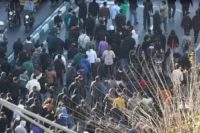
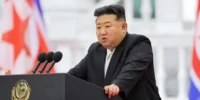



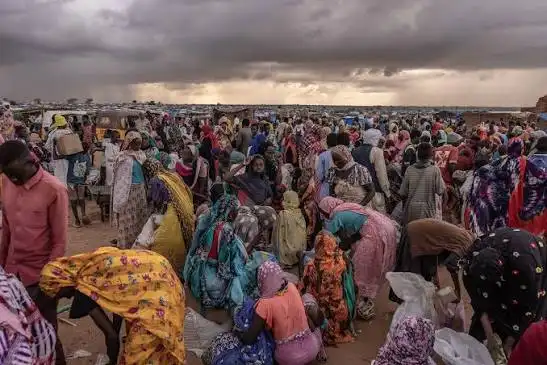
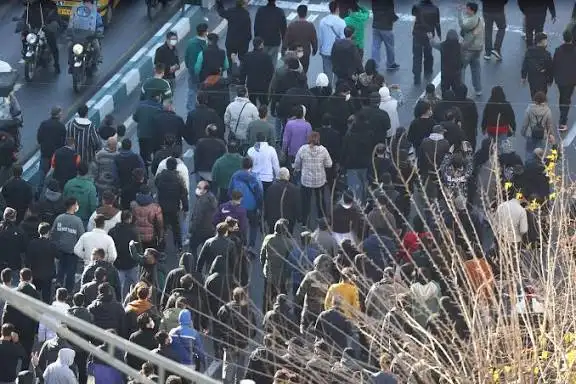
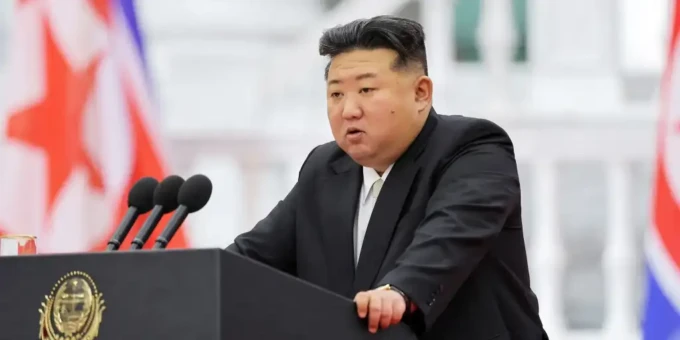
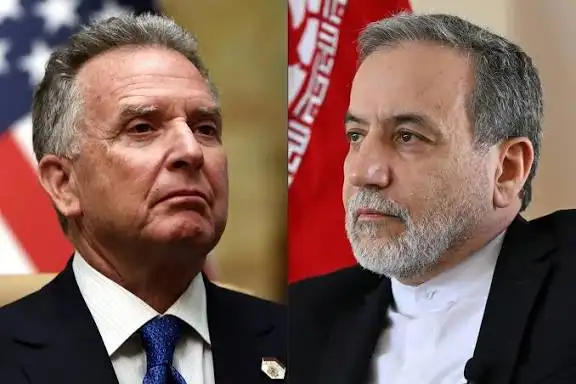
Wow, this article really highlights the complexity of international relations. Who knew a restaurant arson could be linked to Russian intelligence? Mind blown.
Wow, this is some intense espionage drama unfolding in Estonia! Makes you wonder what other covert operations are happening behind the scenes.
Wow, can you believe the audacity of Russian intelligence?! What are your thoughts on this crazy revelation? Unbelievable stuff.
Wow, this article is wild! Cant believe Russian intelligence ordered an arson attack in Estonia. What do you all think about this revelation?
Wow, this article is wild! Cant believe Russian intelligence ordered an arson attack. Whats next, spy movie plot twists coming to life?
Wow, the lengths some countries go to for espionage! Crazy to think a restaurant and supermarket were targeted. Whats next, a spy movie plot?
Wow, can you believe the audacity of Russian intelligence? This is just another level of espionage and aggression. Unbelievable!